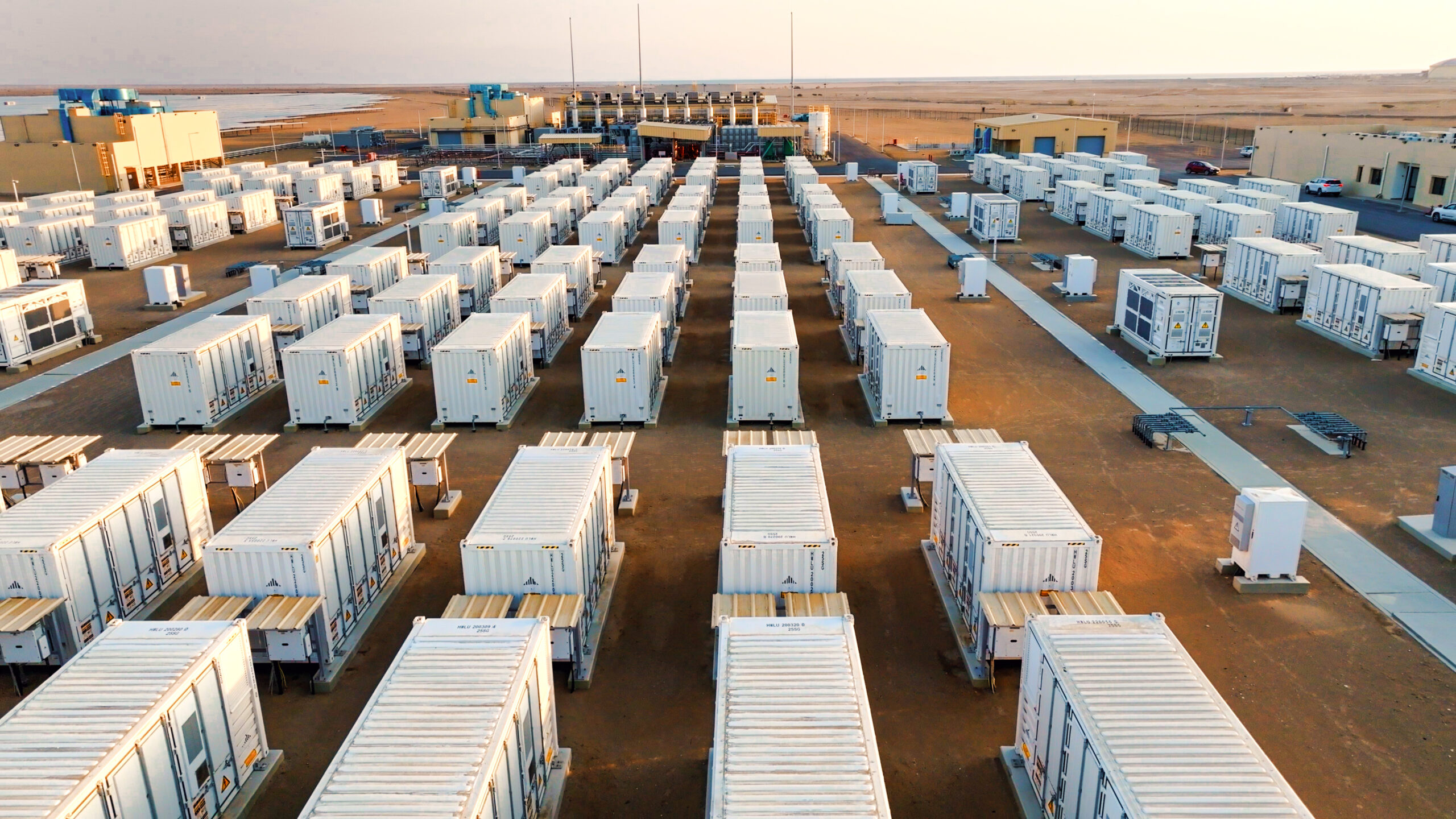
No one would dispute that electric regulation is complex, at times so byzantine it gets tied into knots of unintended consequences.
Such is the case for a group of small islands off the coast of Maine suffering from expensive power reliability issues. They would like to fix the problem with a microgrid, but are stymied by a law passed a quarter of a century ago, before microgrids became a serious alternative.
The Cranberry Isles, south of Bar Harbor, Maine, rely on power cabled underwater from the mainland. Its winter population is under 200, but it can swell two to three times in the summer.
When power outages occur there, it’s a big deal, and that can happen pretty easily. A car hits a pole, a tree falls on a line, or a coastal storm churns up on the islands that increasingly flood because of sea level rise.
“And it’s not just that we lose power, but if we lose power for more than 20 minutes to an hour, we lose the diversity that’s built into our system. And this is particularly important to understand, especially in the summer, when there are a lot of refrigerators powered up on the island,” said Alden Hathaway, an energy consultant and president of the Cranberry Isles Community Solar Association. “They come back on at the same time because they haven’t been cooling their important load.”
That sudden inrush of current trips the newly restored line, and the power goes out again. The mainland utility, Versant Power, must then send a bucket truck out to the islands, disengage the line, and re-engage it bit by bit.
It’s expensive for the utility and irksome for the islanders.

The Cranberry Isles microgrid
So a group of islanders is investigating a grid-connected, solar plus storage microgrid to keep the power flowing when the grid goes down. The Cranberry Isles microgrid would consist of rooftop solar for homes and possibly a standalone solar system, grid-forming inverters, controllers and 500-kWh of batteries.
Homeowners who opt into the microgrid will pay for their rooftop solar, but will be eligible for financial assistance through the National Renewable Energy Lab’s Energy Technology Innovation Partnership Project.
But who pays for the even pricier battery system is an open question. (Hathaway estimates the batteries will add upwards of $0.10 per kWh to each islander’s bill, roughly a 35-40% increase if financed by a third-party.)
Subscribe to the free Energy Changemakers Newsletter
Versant has expressed willingness to own and operate the battery system, sparing islanders any direct costs. The utility could use the battery to help balance its system and recover costs by spreading them out among all of its customers.
It may sound like the islanders’ problem is solved and the microgrid is on its way. But that’s where the state’s 25-year-old utility restructuring law comes into play.
Trying to define “energy storage”
The law prohibits utilities from owning generation facilities, part of a restructuring undertaken by several states in the late 1990s and early 2000s designed to lower costs and foster competition and innovation in a stagnant electricity sector at the time. This happened before widespread use of battery energy storage was feasible. But as batteries became more commonplace, the question arose: Are batteries a form of generation? Or are they something else? Can utilities own them in restructured states?
In 2023, state lawmakers directed the Maine Public Utilities Commission to consider the issue. The PUC opened a proceeding that drew comments from various industry players, including utilities, independent power producers, and environmental and consumer groups.
A PUC report a year later found that the state’s two major utilities, Versant and Central Maine Power, favored utility control and ownership of batteries. At the same time, most other commenters took a different view. They contended that utility ownership should only be allowed in narrow circumstances, such as when a battery would offer widespread value to the utility’s system. In other words, since all ratepayers would cover the cost, the batteries should all benefit.
The commission concluded that it needs to study the issue further and suggested case-by-case circumstances where utility ownership could be allowed, but also said it was up to the lawmakers or the courts to resolve whether energy storage is generation or something else.
So the Cranberry Isles microgrid project finds itself in limbo.
Affordability for a lobster fishing community
Hathaway is trying to move the project forward. He has presented the island’s case to state lawmakers and in a letter Maine Gov. Janet Mills.
He maintains that utility ratepayers should absorb the cost of the batteries because the microgrid will ultimately decrease the need for the utility to make expensive repairs following island power outages — a cost benefit to everyone on the utility system. He also says that the batteries improve the utility distribution system, so they are not a generation asset.
“It’s just like putting capacitors on your line or underground transmission or distribution. You’re fixing the resiliency weak points in your distribution system,” he said, adding, “The batteries need to be maintained by the utility because only they would know when that grid needs to be switched over to battery, switched over to generation, or back to solar.”
Having the utility capture the cost of the batteries would make electricity on the islands “nearly unaffordable to our lobster fishing community,” he said in the letter to Mills.
Hathaway considered asking Maine to buy down the cost of the batteries to provide relief to the islanders. “But, in light of what I am seeing around the states, through my energy consulting, federal funds are drying up everywhere, and I know we need to seek a different approach. It seems to me that, if the utility is willing to own and operate the batteries as part of their normal operations to provide resilient power without using state or federal funds, we should let them.”
Meanwhile, another summer begins, and the islanders remain tied in a regulatory knot making it hard for them to build an electric system that they can’t rely on.

